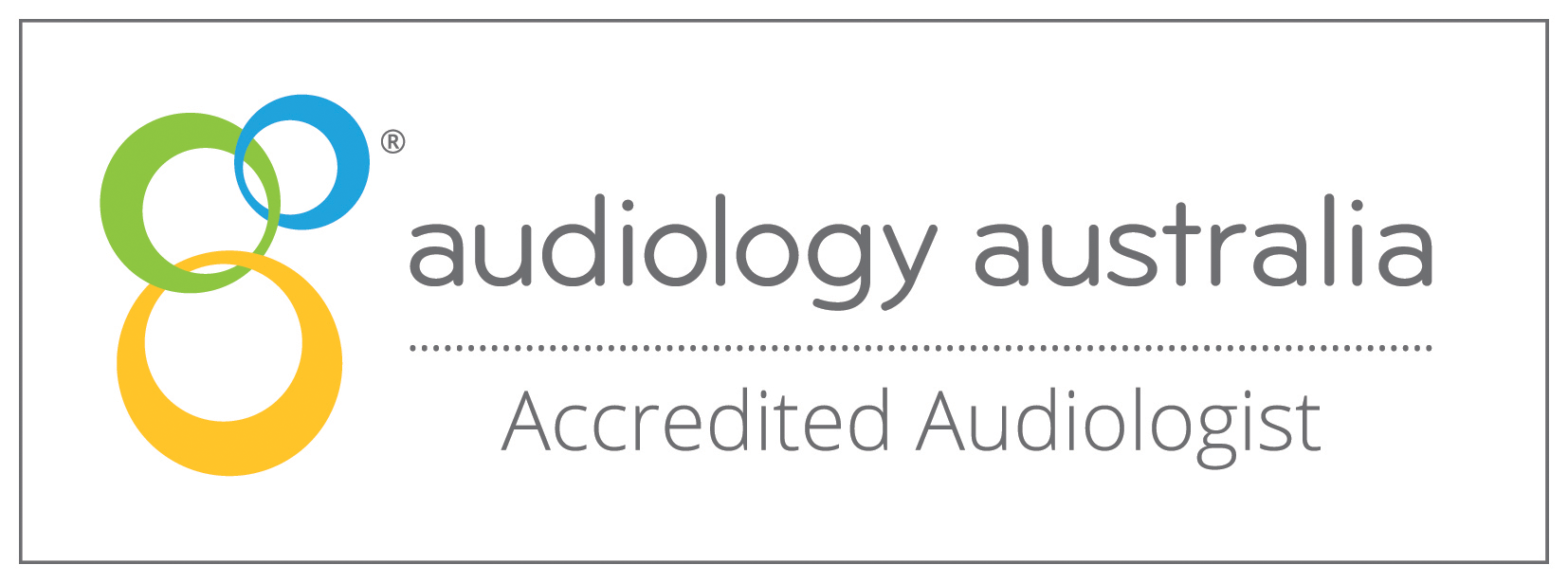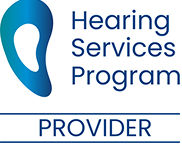What are the signs that someone might need a hearing aid?
For many people, recognising the possibility of needing a hearing [...]
For many people, recognising the possibility of needing a hearing aid can feel confronting. Much like reaching for reading glasses, it signals a change — but with hearing, the impact often feels greater. Hearing is closely tied to connection, communication, and quality of life.
The good news is that hearing changes can be managed effectively. By identifying the signs early, you can take positive steps toward improving not only your hearing, but also your overall wellbeing.
Turning Up the Volume
One of the most common early indicators of hearing loss is needing the television or radio volume much higher than those around you. If family members frequently comment that the sound is too loud, it may be time to have your hearing checked.
Frequently Repeating “What?”
Missing parts of conversations can lead to frequent requests for repetition. You may find yourself nodding politely or giving general responses to fill in the gaps. While this might work occasionally, it can become frustrating for both you and those around you.
Difficulty in Background Noise
Restaurants, cafés, and family gatherings often become challenging when hearing loss is present. Background noise can mask speech, making it hard to follow conversations. Choosing quieter settings or avoiding noisy environments altogether can be another sign that your hearing needs support.
Challenges With Phone Calls
Hearing loss can make voices over the phone sound muffled or unclear. You may find yourself relying on speakerphone or increasing the volume to follow the conversation. This difficulty is a common sign of reduced hearing clarity.
Listening Fatigue
When the ears are not providing enough sound information, the brain works harder to fill in the missing details. This extra effort often leads to mental fatigue, particularly after meetings, social gatherings, or extended conversations. Feeling unusually tired after listening is an important but often overlooked indicator.
Missing Everyday Sounds
Hearing loss often begins gradually, and the absence of small, everyday sounds can go unnoticed. The chirping of birds, the ticking of a turn signal, or a voice calling from another room may fade slowly until you realise they have been missing for some time.
Social Withdrawal
When hearing becomes difficult, social events can feel overwhelming. Many people begin to decline invitations or avoid conversations because it is easier than struggling to keep up. Over time, this can lead to isolation and reduced emotional wellbeing.
Taking the Next Step
Acknowledging changes in hearing is not a sign of weakness — it is an important step in maintaining your independence and quality of life. At Harken Audiology, we regularly meet people who were encouraged to attend by a family member, and we also see the joy that comes with rediscovering clear communication and meaningful connection.
If you recognise yourself in any of these signs, consider booking a hearing assessment. The process is straightforward and provides clarity about your hearing health. With the right support, you can reconnect with the sounds and conversations that enrich daily life.
What are the signs that someone might need a hearing aid?
For many people, recognising the possibility of needing a hearing [...]
For many people, recognising the possibility of needing a hearing aid can feel confronting. Much like reaching for reading glasses, it signals a change — but with hearing, the impact often feels greater. Hearing is closely tied to connection, communication, and quality of life.
The good news is that hearing changes can be managed effectively. By identifying the signs early, you can take positive steps toward improving not only your hearing, but also your overall wellbeing.
Turning Up the Volume
One of the most common early indicators of hearing loss is needing the television or radio volume much higher than those around you. If family members frequently comment that the sound is too loud, it may be time to have your hearing checked.
Frequently Repeating “What?”
Missing parts of conversations can lead to frequent requests for repetition. You may find yourself nodding politely or giving general responses to fill in the gaps. While this might work occasionally, it can become frustrating for both you and those around you.
Difficulty in Background Noise
Restaurants, cafés, and family gatherings often become challenging when hearing loss is present. Background noise can mask speech, making it hard to follow conversations. Choosing quieter settings or avoiding noisy environments altogether can be another sign that your hearing needs support.
Challenges With Phone Calls
Hearing loss can make voices over the phone sound muffled or unclear. You may find yourself relying on speakerphone or increasing the volume to follow the conversation. This difficulty is a common sign of reduced hearing clarity.
Listening Fatigue
When the ears are not providing enough sound information, the brain works harder to fill in the missing details. This extra effort often leads to mental fatigue, particularly after meetings, social gatherings, or extended conversations. Feeling unusually tired after listening is an important but often overlooked indicator.
Missing Everyday Sounds
Hearing loss often begins gradually, and the absence of small, everyday sounds can go unnoticed. The chirping of birds, the ticking of a turn signal, or a voice calling from another room may fade slowly until you realise they have been missing for some time.
Social Withdrawal
When hearing becomes difficult, social events can feel overwhelming. Many people begin to decline invitations or avoid conversations because it is easier than struggling to keep up. Over time, this can lead to isolation and reduced emotional wellbeing.
Taking the Next Step
Acknowledging changes in hearing is not a sign of weakness — it is an important step in maintaining your independence and quality of life. At Harken Audiology, we regularly meet people who were encouraged to attend by a family member, and we also see the joy that comes with rediscovering clear communication and meaningful connection.
If you recognise yourself in any of these signs, consider booking a hearing assessment. The process is straightforward and provides clarity about your hearing health. With the right support, you can reconnect with the sounds and conversations that enrich daily life.
What are the signs that someone might need a hearing aid?
What are the signs that someone might need a hearing aid?
For many people, recognising the possibility of needing a hearing [...]
For many people, recognising the possibility of needing a hearing aid can feel confronting. Much like reaching for reading glasses, it signals a change — but with hearing, the impact often feels greater. Hearing is closely tied to connection, communication, and quality of life.
The good news is that hearing changes can be managed effectively. By identifying the signs early, you can take positive steps toward improving not only your hearing, but also your overall wellbeing.
Turning Up the Volume
One of the most common early indicators of hearing loss is needing the television or radio volume much higher than those around you. If family members frequently comment that the sound is too loud, it may be time to have your hearing checked.
Frequently Repeating “What?”
Missing parts of conversations can lead to frequent requests for repetition. You may find yourself nodding politely or giving general responses to fill in the gaps. While this might work occasionally, it can become frustrating for both you and those around you.
Difficulty in Background Noise
Restaurants, cafés, and family gatherings often become challenging when hearing loss is present. Background noise can mask speech, making it hard to follow conversations. Choosing quieter settings or avoiding noisy environments altogether can be another sign that your hearing needs support.
Challenges With Phone Calls
Hearing loss can make voices over the phone sound muffled or unclear. You may find yourself relying on speakerphone or increasing the volume to follow the conversation. This difficulty is a common sign of reduced hearing clarity.
Listening Fatigue
When the ears are not providing enough sound information, the brain works harder to fill in the missing details. This extra effort often leads to mental fatigue, particularly after meetings, social gatherings, or extended conversations. Feeling unusually tired after listening is an important but often overlooked indicator.
Missing Everyday Sounds
Hearing loss often begins gradually, and the absence of small, everyday sounds can go unnoticed. The chirping of birds, the ticking of a turn signal, or a voice calling from another room may fade slowly until you realise they have been missing for some time.
Social Withdrawal
When hearing becomes difficult, social events can feel overwhelming. Many people begin to decline invitations or avoid conversations because it is easier than struggling to keep up. Over time, this can lead to isolation and reduced emotional wellbeing.
Taking the Next Step
Acknowledging changes in hearing is not a sign of weakness — it is an important step in maintaining your independence and quality of life. At Harken Audiology, we regularly meet people who were encouraged to attend by a family member, and we also see the joy that comes with rediscovering clear communication and meaningful connection.
If you recognise yourself in any of these signs, consider booking a hearing assessment. The process is straightforward and provides clarity about your hearing health. With the right support, you can reconnect with the sounds and conversations that enrich daily life.




